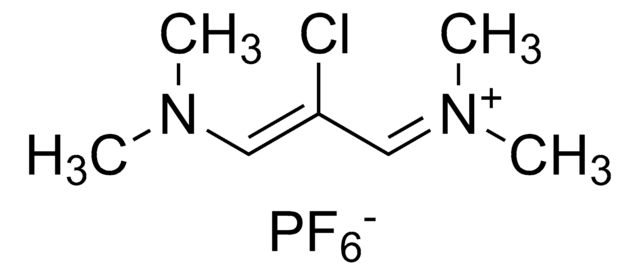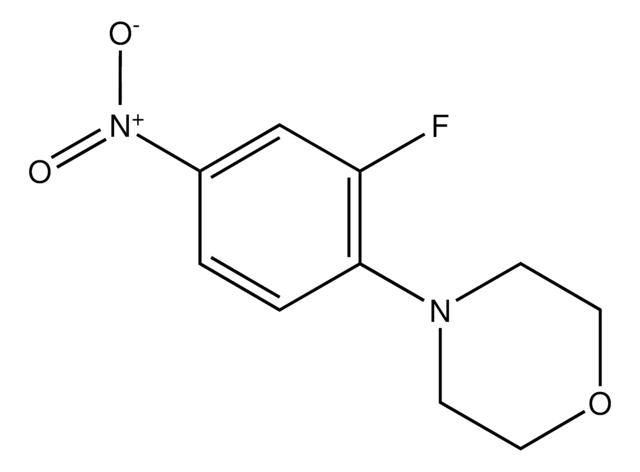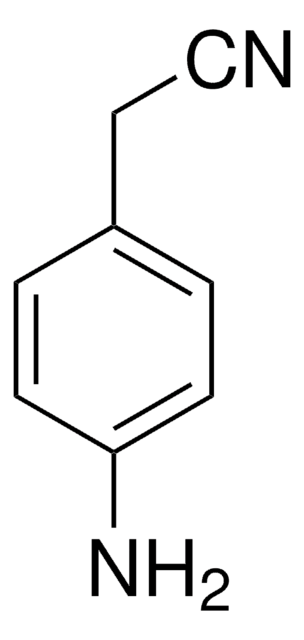C7573
H-Lys(Z)-OH
Sinónimos:
Nε-Z-L-lysine, N6-Carbobenzyloxy-L-lysine
About This Item
Productos recomendados
mp
259 °C (dec.) (lit.)
storage temp.
−20°C
SMILES string
N[C@@H](CCCCNC(=O)OCc1ccccc1)C(O)=O
InChI
1S/C14H20N2O4/c15-12(13(17)18)8-4-5-9-16-14(19)20-10-11-6-2-1-3-7-11/h1-3,6-7,12H,4-5,8-10,15H2,(H,16,19)(H,17,18)/t12-/m0/s1
InChI key
CKGCFBNYQJDIGS-LBPRGKRZSA-N
¿Está buscando productos similares? Visita Guía de comparación de productos
replaced by
Storage Class
11 - Combustible Solids
wgk_germany
WGK 3
flash_point_f
Not applicable
flash_point_c
Not applicable
ppe
Eyeshields, Gloves, type N95 (US)
Elija entre una de las versiones más recientes:
¿Ya tiene este producto?
Encuentre la documentación para los productos que ha comprado recientemente en la Biblioteca de documentos.
Nuestro equipo de científicos tiene experiencia en todas las áreas de investigación: Ciencias de la vida, Ciencia de los materiales, Síntesis química, Cromatografía, Analítica y muchas otras.
Póngase en contacto con el Servicio técnico




![2-[2-(2-Chloroethoxy)ethoxy]ethanol 96%](/deepweb/assets/sigmaaldrich/product/structures/902/295/ff6d7bb1-a7e0-4582-86e1-819084626e67/640/ff6d7bb1-a7e0-4582-86e1-819084626e67.png)



